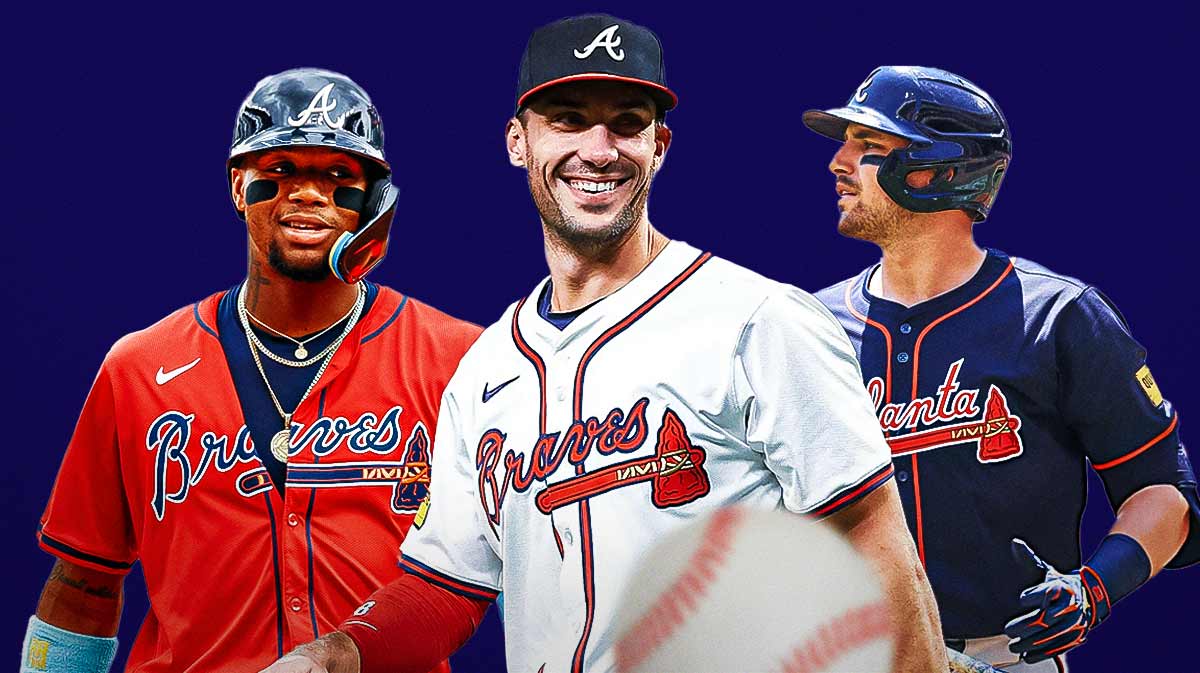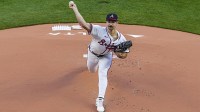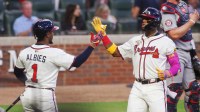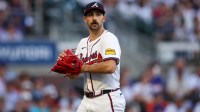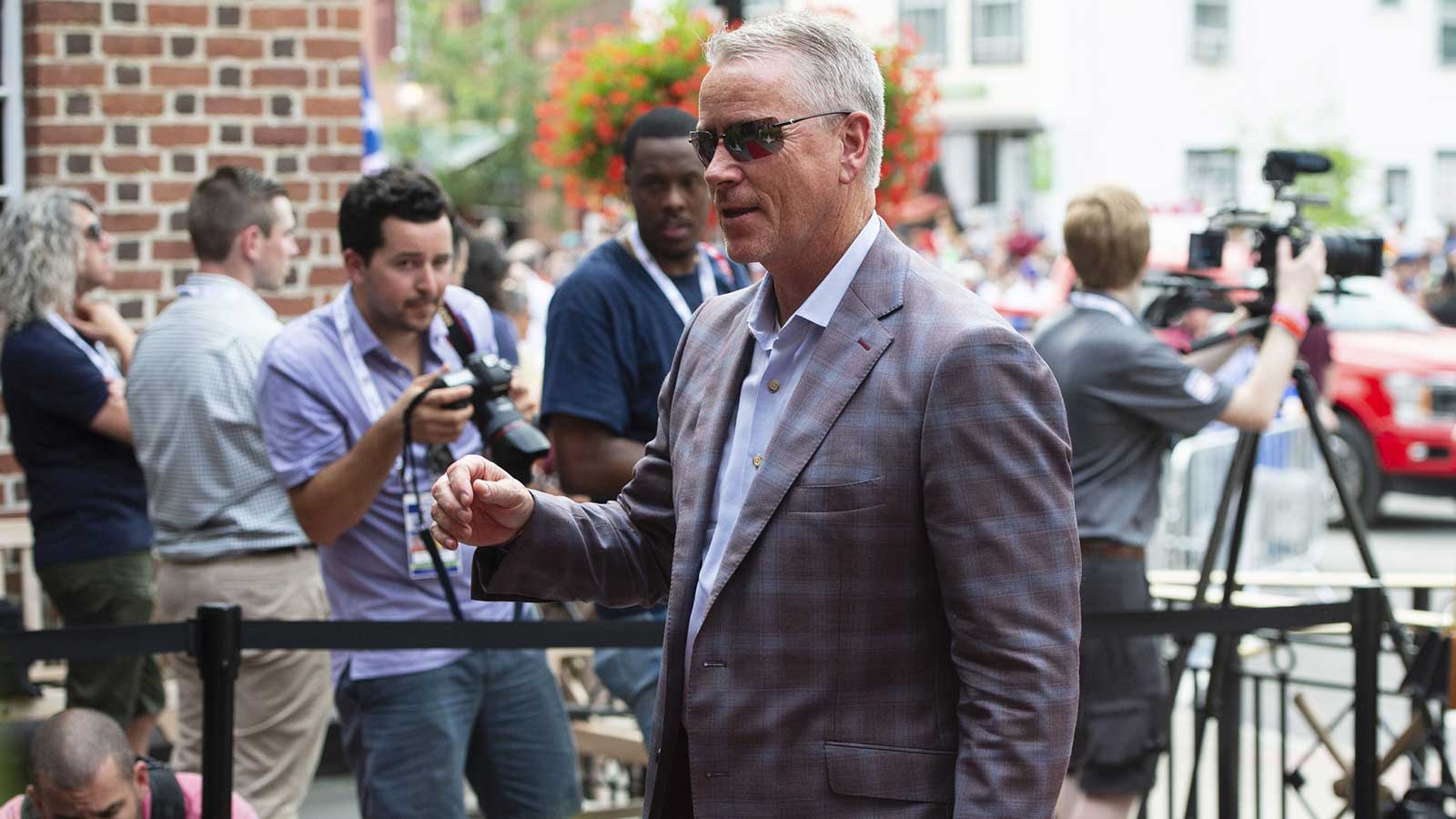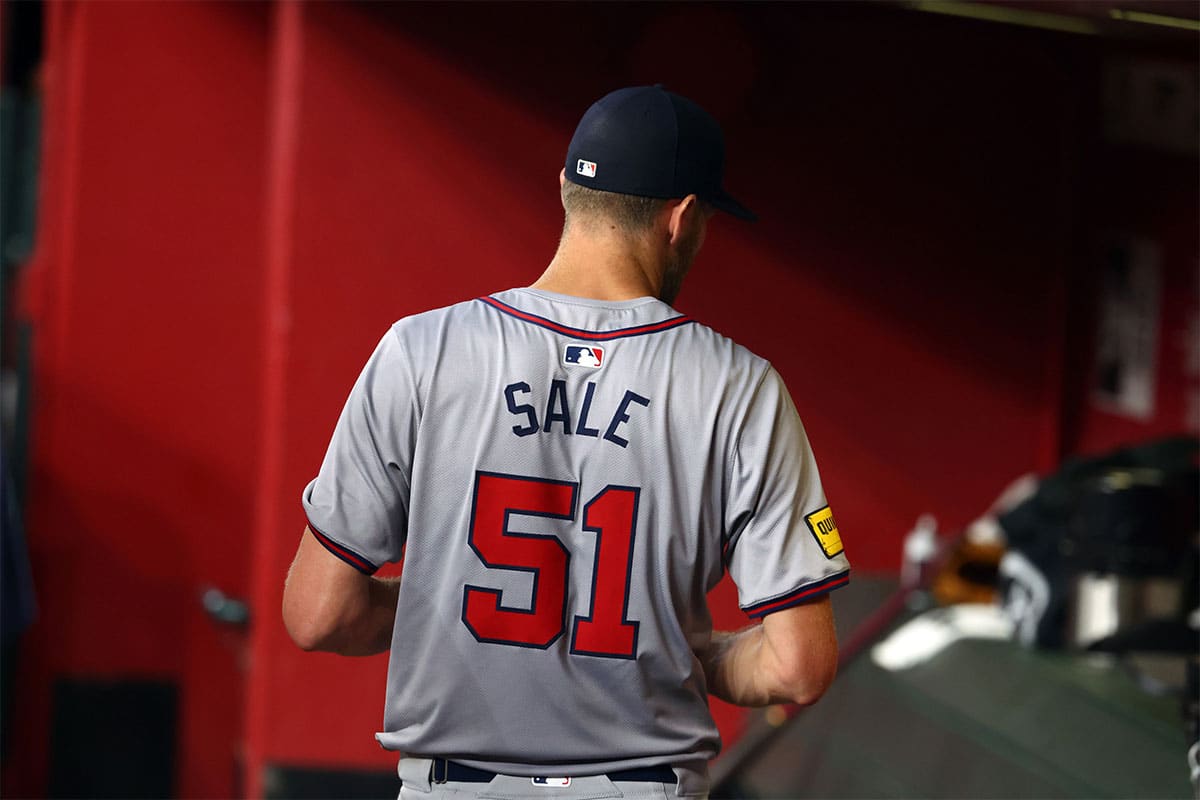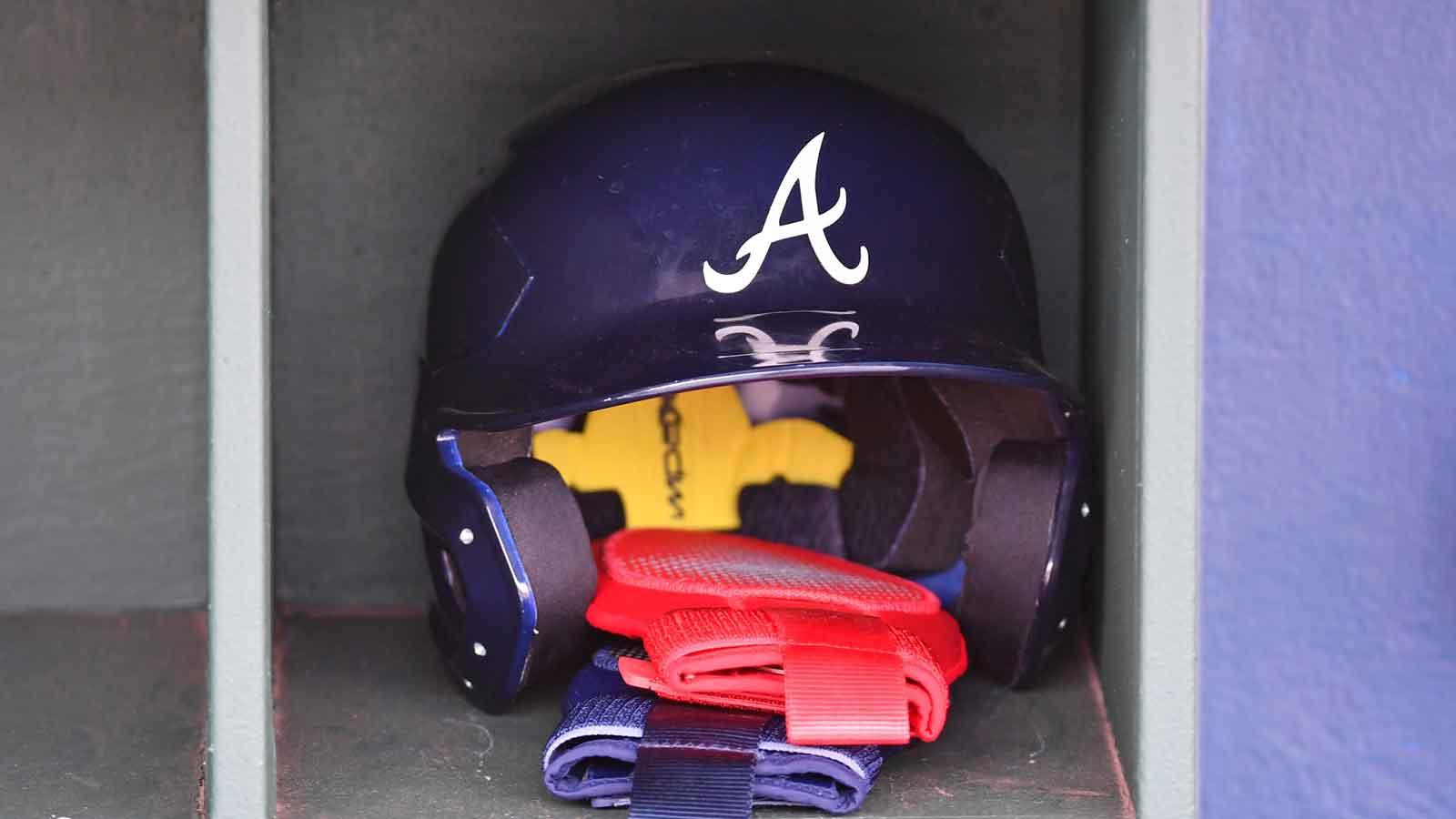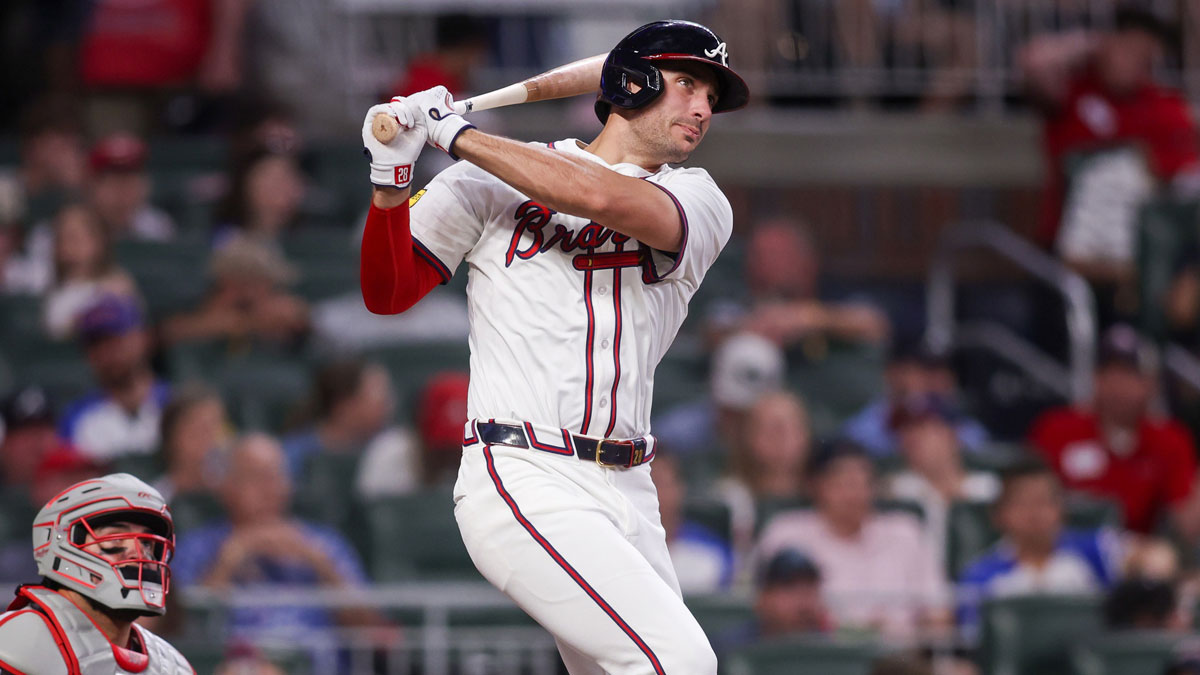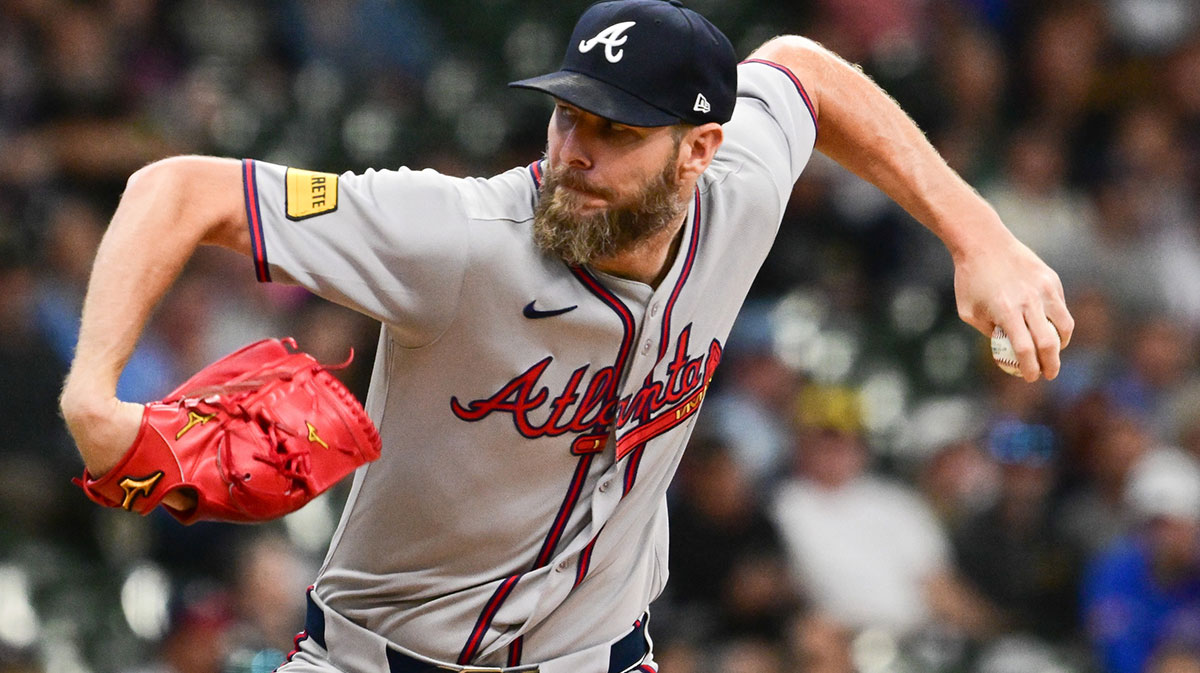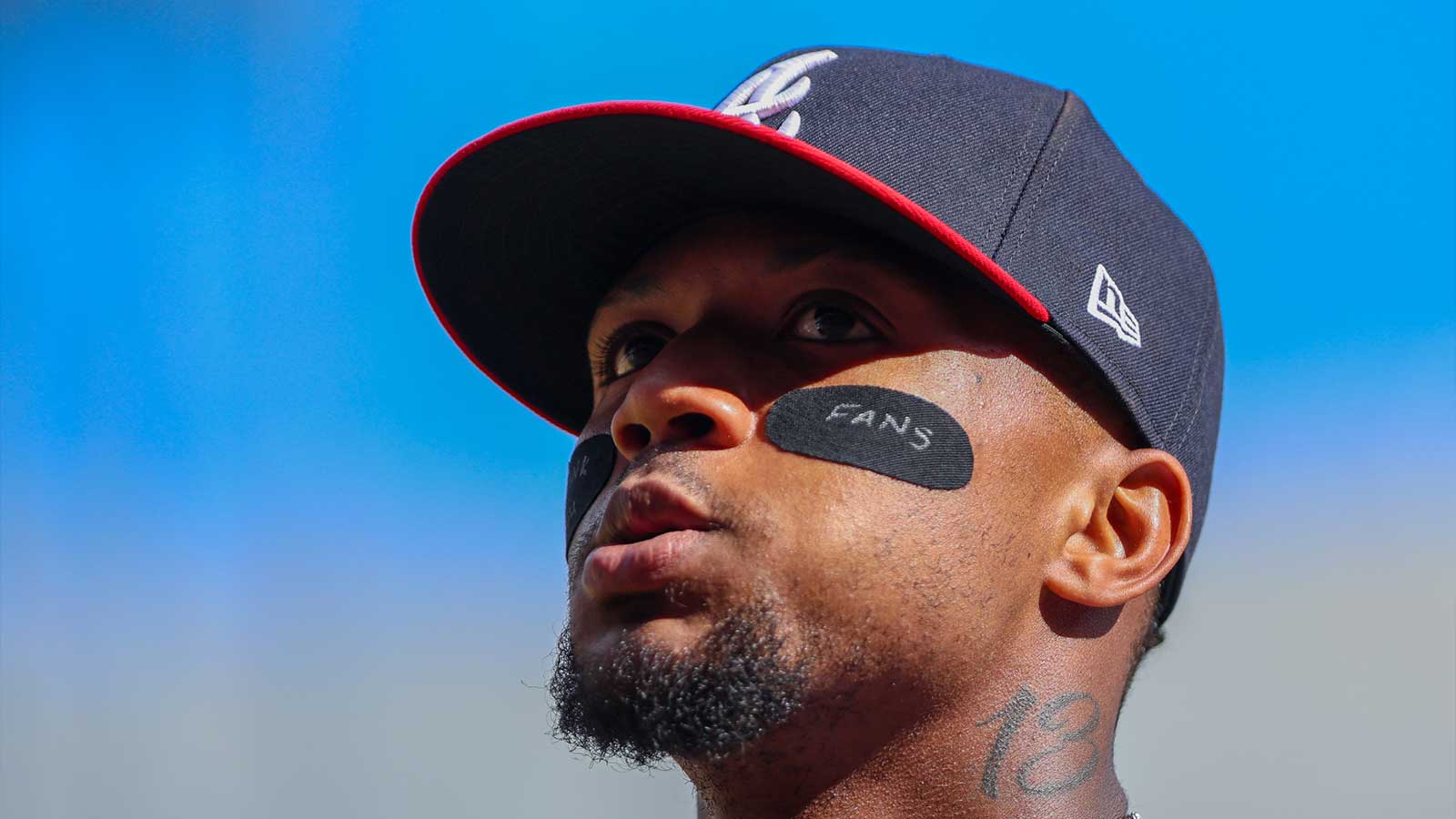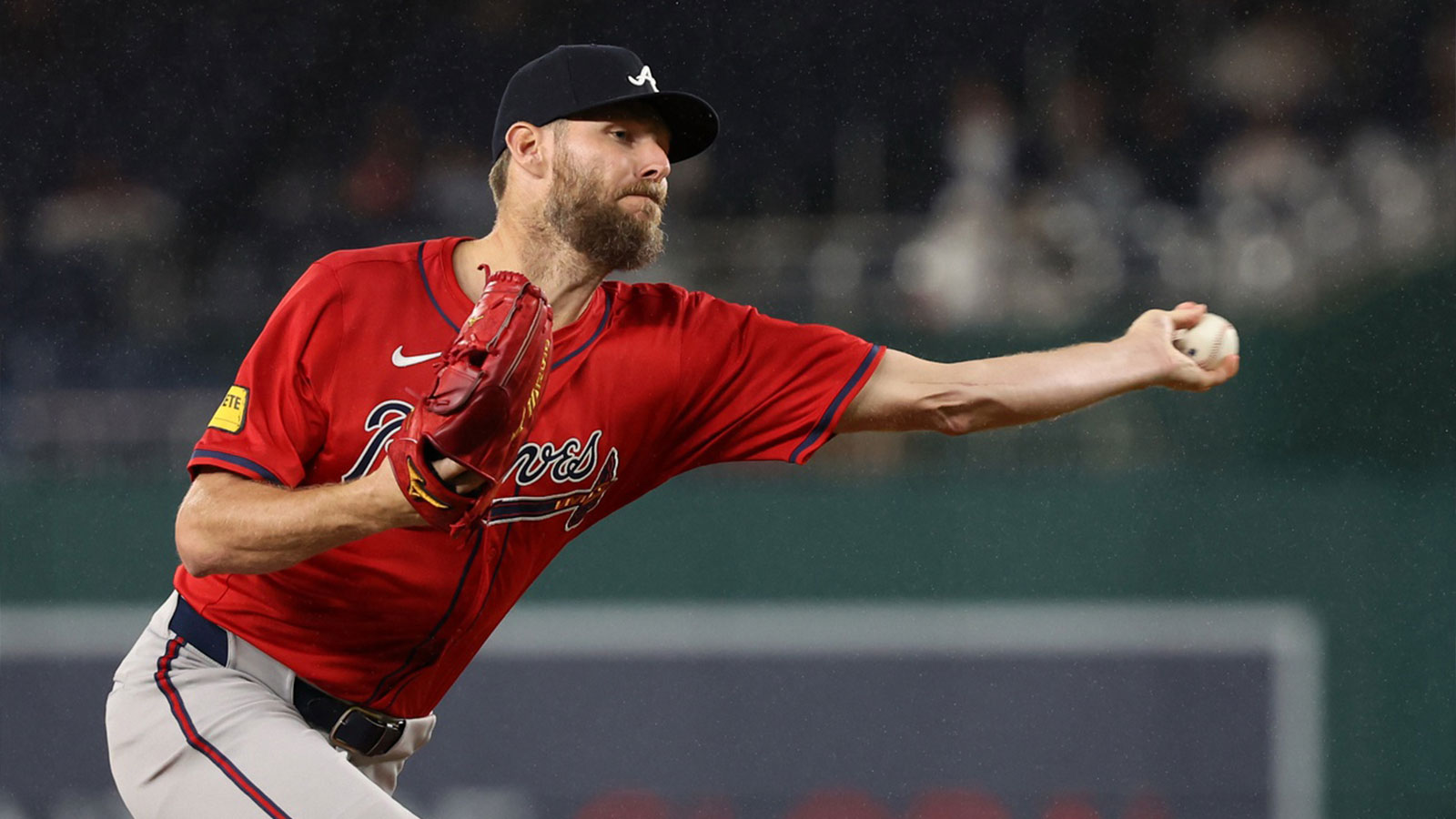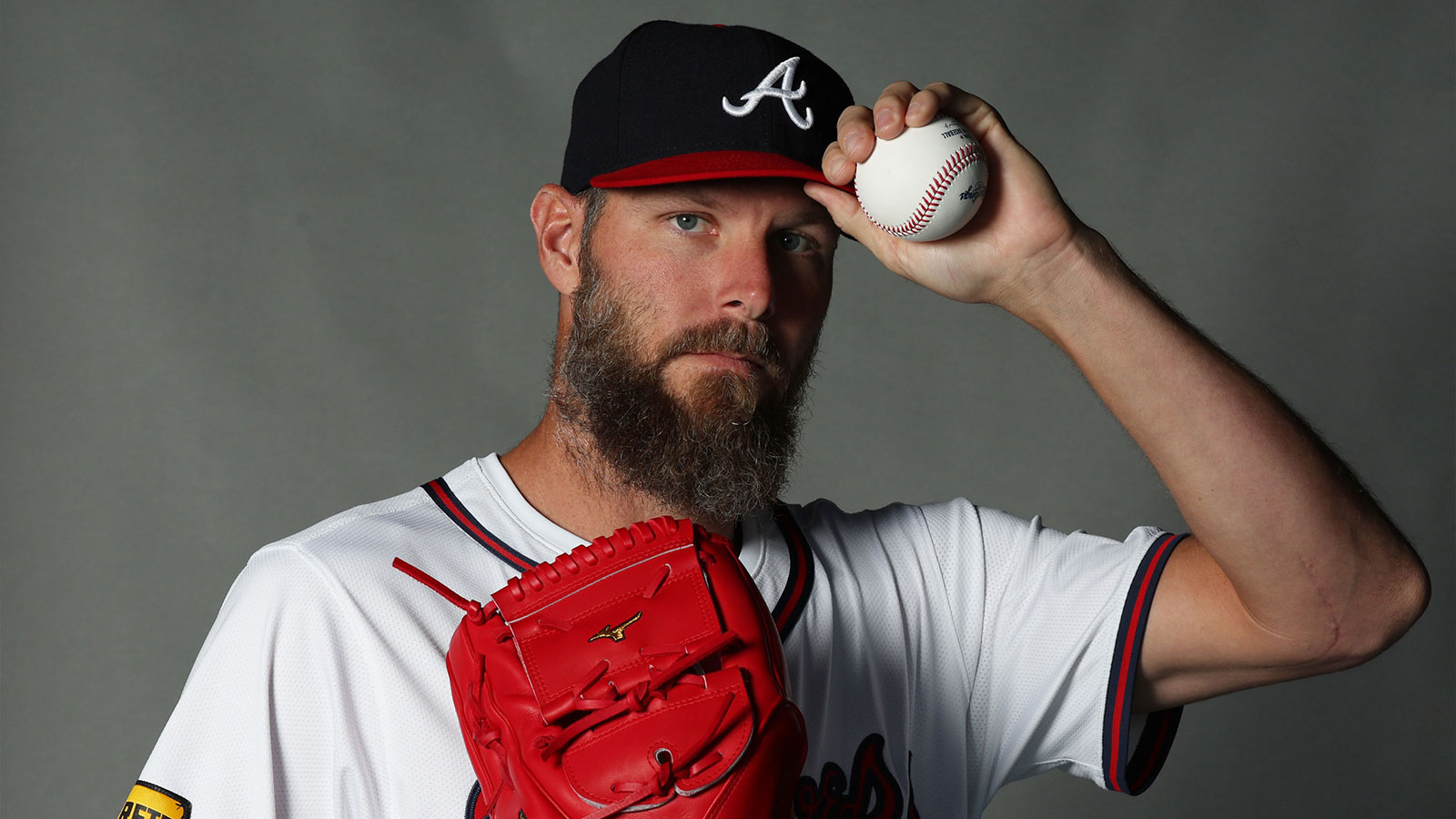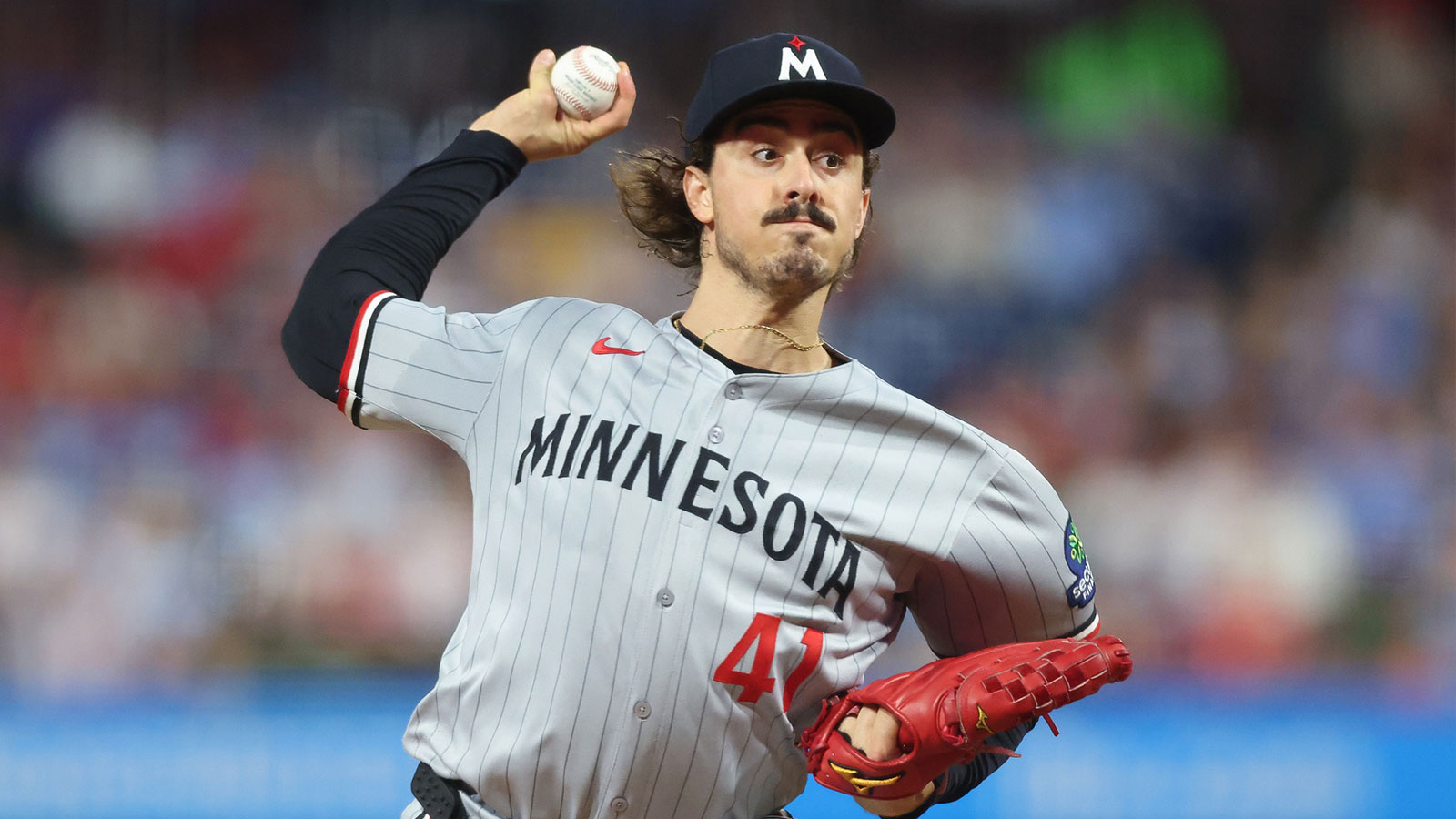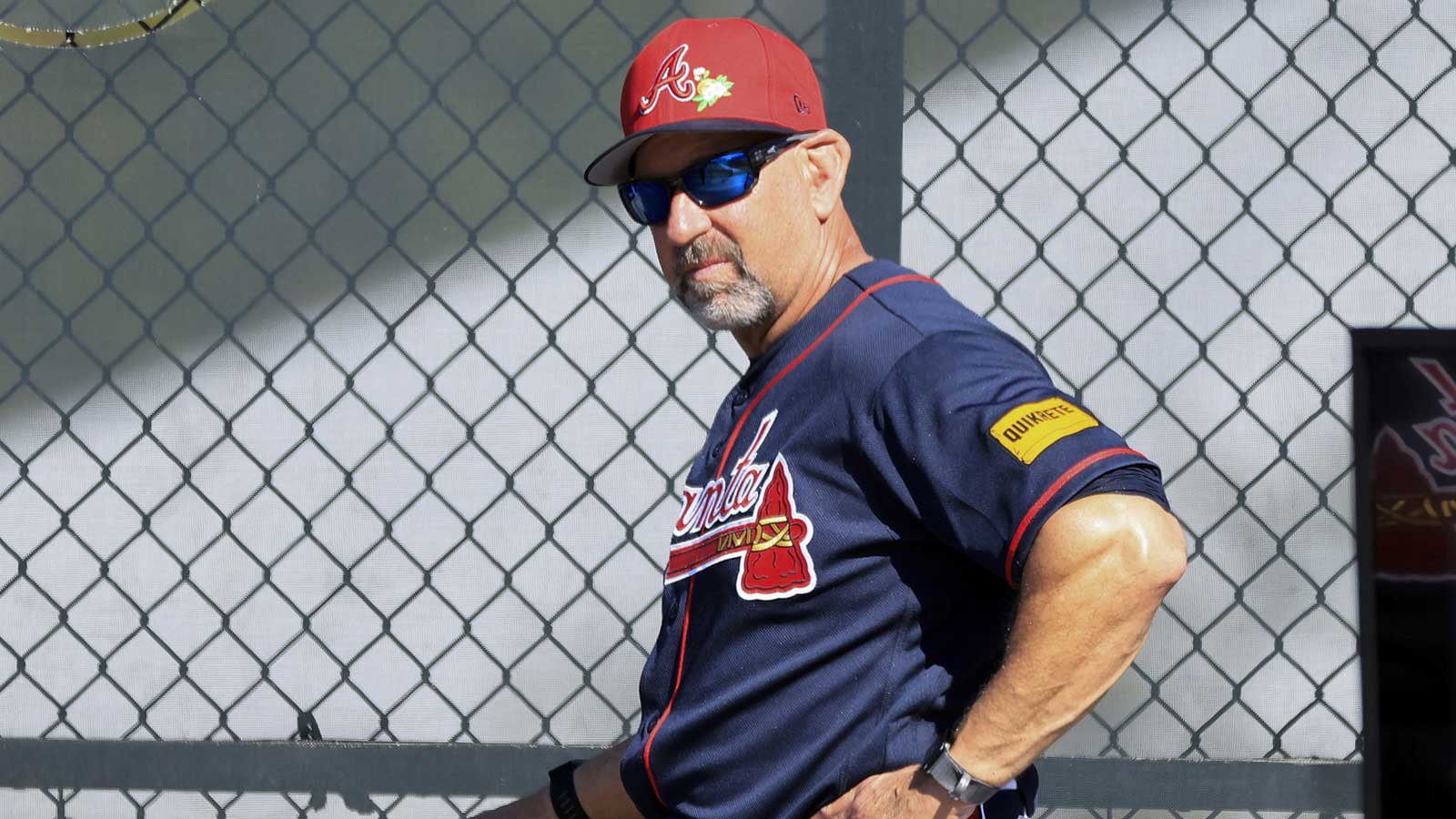The Atlanta Braves' 2024 season will go down as one of the most perplexing campaigns in recent franchise history. Despite boasting one of the most talented rosters in baseball on paper, the Braves fell short of their championship aspirations, missing the playoffs for what many considered the first time in years. While injuries certainly played a significant role in their struggles, the organization's biggest disappointment wasn't found in the trainer's room—it was in their complete offensive collapse and the systematic failure to adapt when adversity struck.
The Vanishing Act of a Championship-Caliber Offense
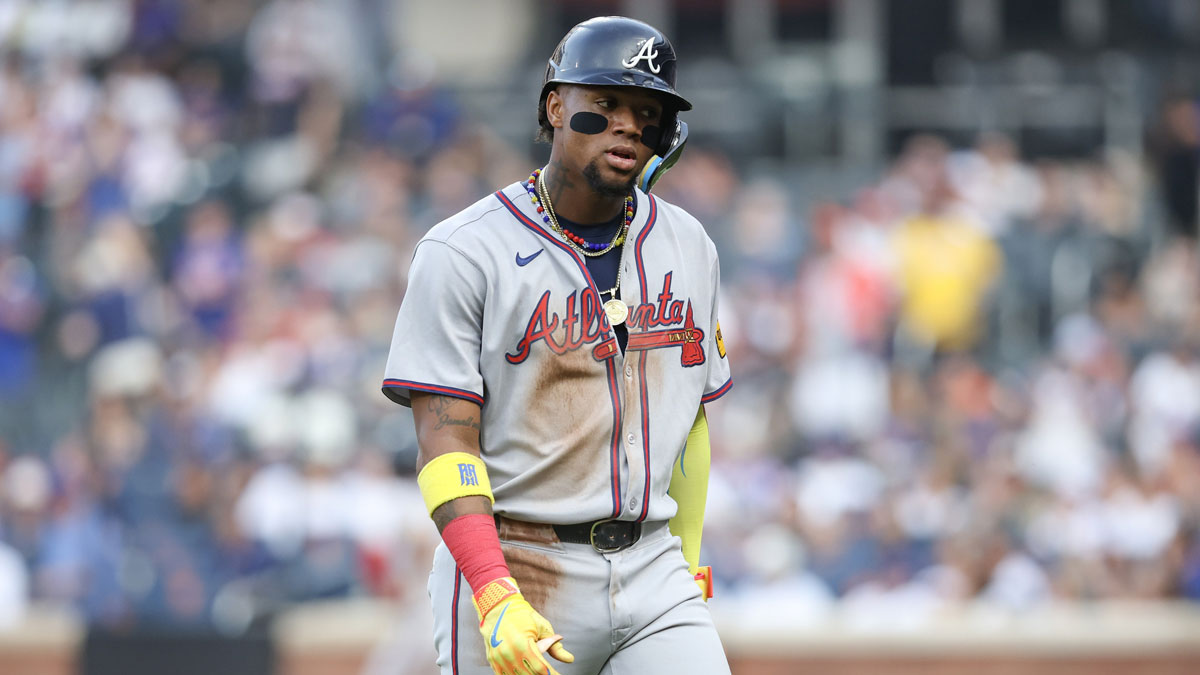
The most jarring aspect of Atlanta's disappointing season was witnessing one of baseball's most feared lineups transform into an offensive afterthought. After setting MLB records with 307 home runs in 2023 and becoming the first team in history to post a team slugging percentage above .500, the Braves' offense became virtually unwatchable by 2024.
The decline was both swift and devastating. Following Ronald Acuña Jr.'s injury on May 26, 2024, the Braves transformed from a potential championship contender into one of baseball's most frustrating teams to watch. From that point forward, Atlanta ranked as a bottom-ten offense despite having what should have been adequate talent to compete. The numbers paint a grim picture: the Braves finished 21st in batting average, 19th in wRC+, and had the ninth-highest strikeout percentage in baseball during the crucial stretch after Acuña's injury.
What made this collapse particularly infuriating was that the underlying metrics suggested the talent was still there. Atlanta posted the second-highest average exit velocity and barrel rate in baseball, yet somehow managed to be among the league's worst in actual production. This disconnect between process and results revealed a fundamental flaw in the team's approach at the plate—they were swinging harder but making less contact, prioritizing power over situational hitting in a way that proved counterproductive.
The offensive struggles weren't limited to 2024 either. By 2025, the problems had metastasized into a full-blown crisis. The Braves entered their disappointing 2025 campaign hitting a paltry .137/.238/.220 as a team through their first six games, representing the worst marks in all three categories across Major League Baseball. More tellingly, they managed just nine total runs through six games, with the rest of the team going 0-for-30 with runners in scoring position while Marcell Ozuna provided the only bright spot at 1-for-4 with three walks in those situations.
Star Players Failing to Meet Championship Standards
Perhaps no disappointment was more emblematic of Atlanta's struggles than the simultaneous regression of their core position players. Matt Olson and Austin Riley, two cornerstones of the franchise's future, both experienced significant drops in production that crippled the team's championship hopes.
Riley's 2024 season perfectly encapsulated the Braves' broader issues. After averaging 36 home runs, 99 RBIs, and a 6.2 WAR per season from 2021-2023, Riley's production plummeted to just 19 home runs and 56 RBIs in 110 games before a broken hand ended his season. His .256 batting average and 115 OPS+ represented a significant step backward for a player who had finished in the top seven of National League MVP voting in each of the three previous seasons. What made Riley's struggles particularly frustrating was that his underlying metrics remained strong—he posted career-best marks in average exit velocity and hard-hit rate, suggesting the talent was still there but the results weren't materializing.
Olson's inconsistency proved equally problematic for Atlanta's championship aspirations. Despite posting respectable overall numbers, Olson's feast-or-famine approach became a microcosm of the team's broader offensive philosophy gone wrong. His first-half struggles in 2024, where he hit .230/.309/.405 with just 14 home runs and 44 RBIs, left the Braves scrambling for offensive production when they needed it most. While Olson improved significantly in the second half (.271/.366/.530 with 16 homers and 54 RBIs), the early-season struggles had already damaged Atlanta's playoff positioning.
The regression of these franchise cornerstones wasn't just about individual performance—it represented a systematic failure of the organization's player development and in-game management. Both players showed flashes of their previous elite form, but the coaching staff appeared unable to help them maintain consistency throughout the season.
Organizational Philosophy and Management Missteps
Beyond the statistical disappointments lay a more troubling issue: the Braves' apparent inability to adapt their organizational philosophy when faced with adversity. Manager Brian Snitker, despite his track record of success, found himself under increasing scrutiny as the team's struggles mounted.
The most glaring example of this inflexibility was the team's continued adherence to an all-or-nothing offensive approach even when it clearly wasn't working. Despite leading baseball in swing percentage on strikes in both 2023 and 2024, the Braves saw dramatically different results between those seasons. In 2024, they had the worst contact percentage on pitches in the strike zone among all teams that made the playoffs, yet there appeared to be little adjustment from the coaching staff to address this fundamental flaw.
Snitker's handling of player discipline also raised questions about organizational standards. The controversy surrounding Jarred Kelenic's failure to hustle on a fly ball, and the perceived double standard compared to how similar incidents involving Ronald Acuña Jr. were handled in the past, exposed potential fractures within the clubhouse. When Acuña publicly called out the inconsistent treatment via social media, it revealed deeper issues with communication and leadership that went beyond simple on-field performance.
The bullpen construction represented another significant organizational failure. Despite knowing that relief pitching had been a weakness, the front office's inability to adequately address these concerns left the team vulnerable in crucial situations throughout both 2024 and 2025. The Braves found themselves relying on struggling relievers like Dane Dunning and Dylan Lee in high-leverage situations, with predictably poor results.
Perhaps most damaging was the organization's apparent lack of contingency planning for the injury issues that have plagued the team for multiple seasons. While no team could have fully prepared for the extent of injuries Atlanta faced, the shallow bench depth and lack of viable internal replacements exposed fundamental flaws in roster construction. The Braves had become overly dependent on their core stars without developing adequate depth to weather the inevitable storms of a 162-game season.
The 2024 Atlanta Braves season will be remembered not for the injuries that derailed their championship hopes, but for the organizational failures that prevented them from maximizing their remaining talent. The biggest disappointment wasn't that Ronald Acuña Jr. got hurt or that Spencer Strider missed most of the season—it was that a franchise with championship expectations failed to adapt, adjust, or overcome when adversity struck. In a sport where the best teams find ways to win despite setbacks, the Braves proved they were simply not built for sustained success when everything didn't go according to plan.

